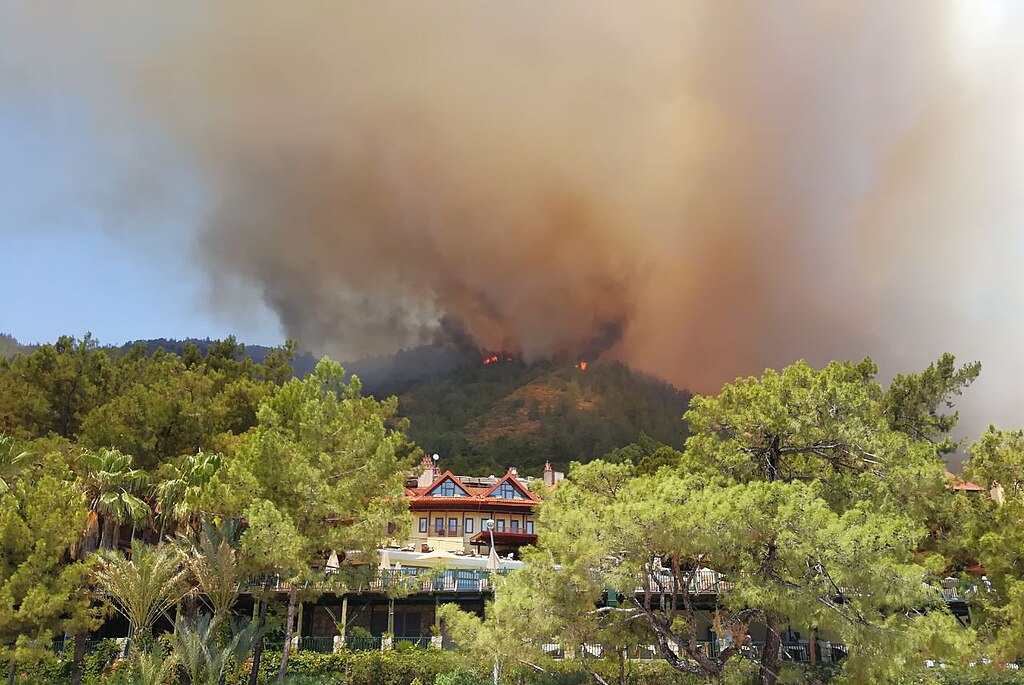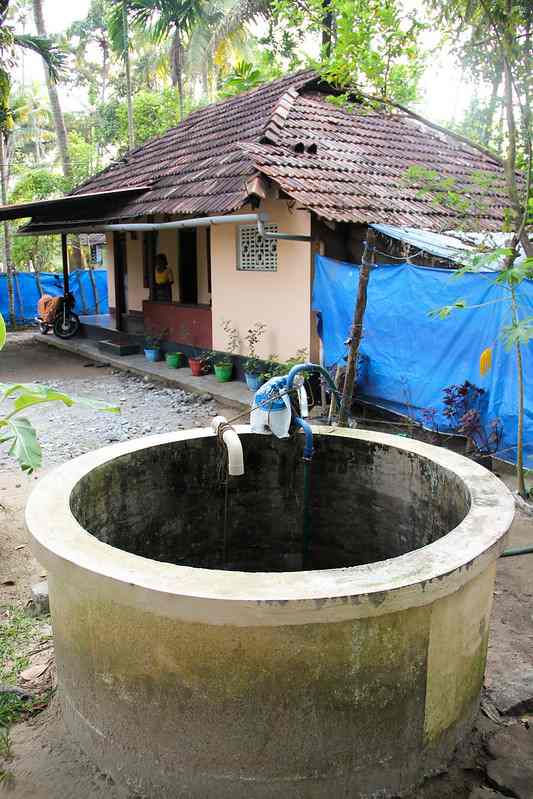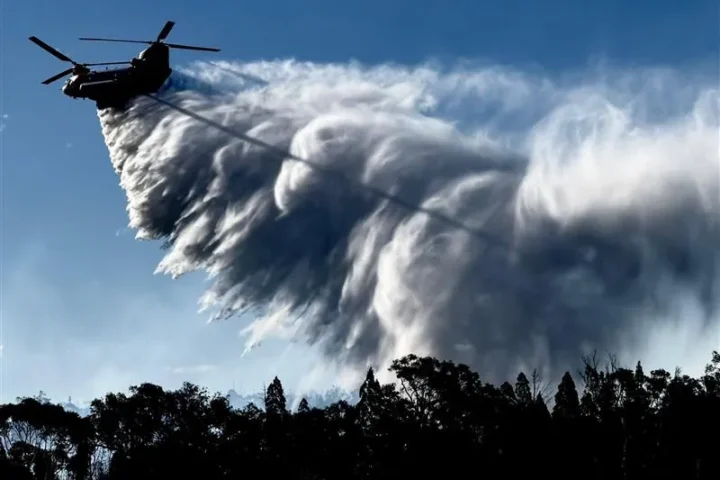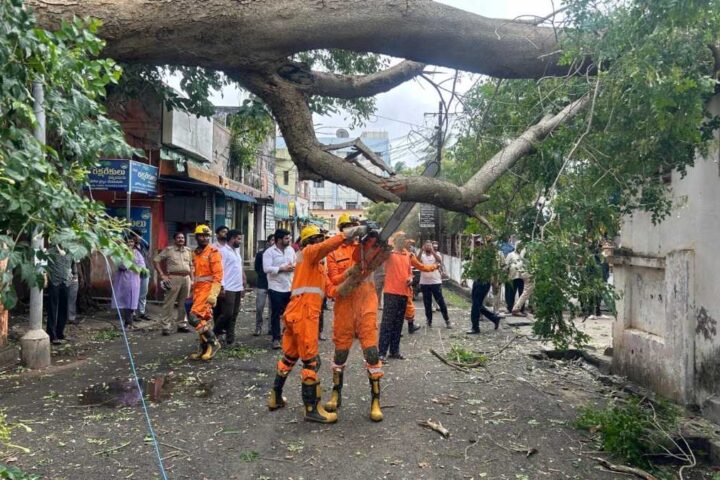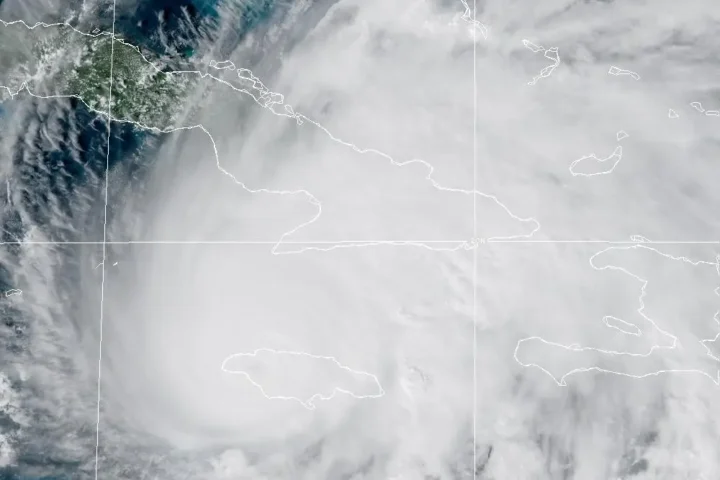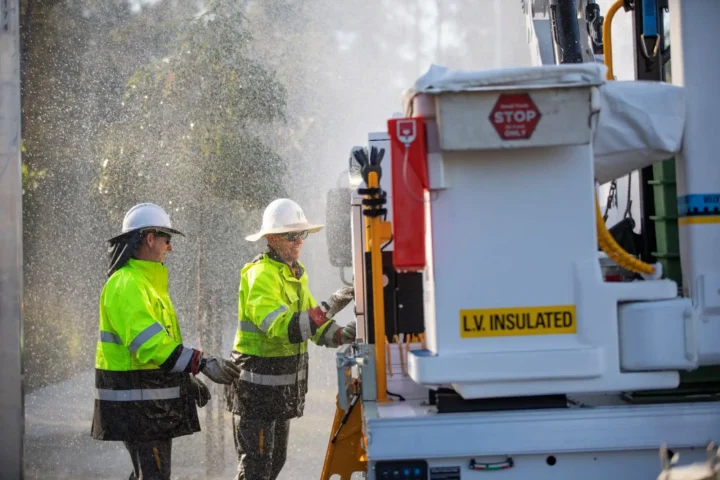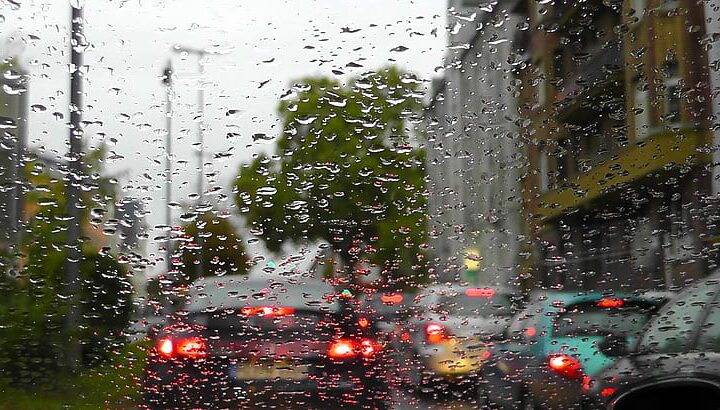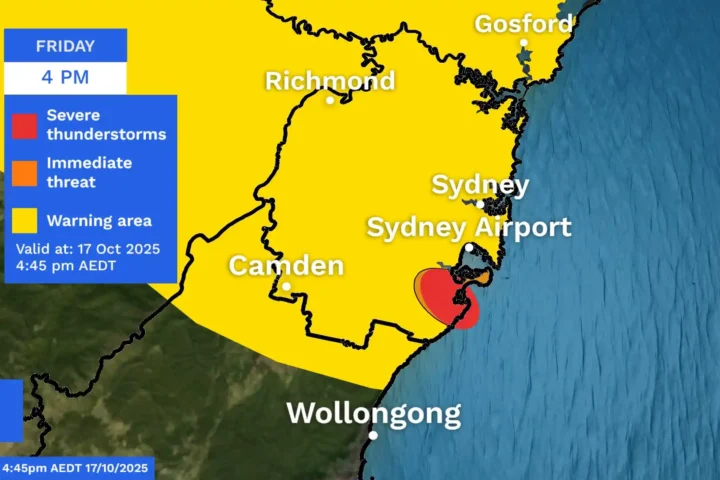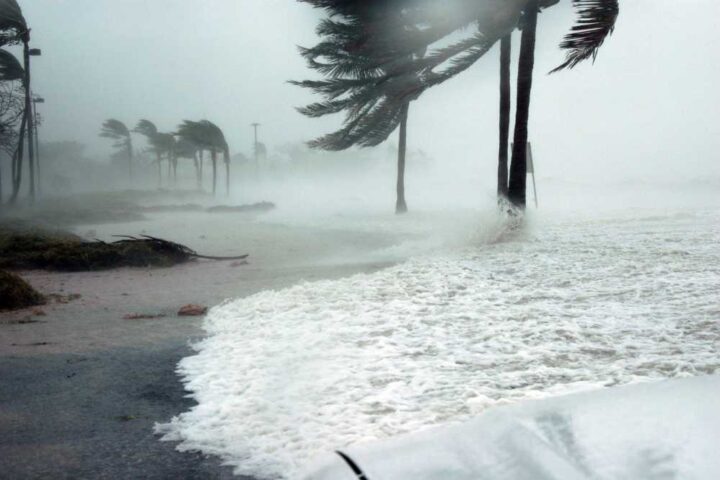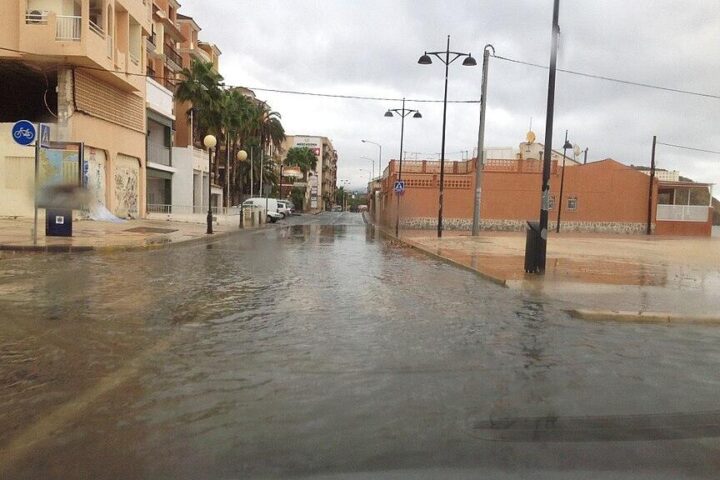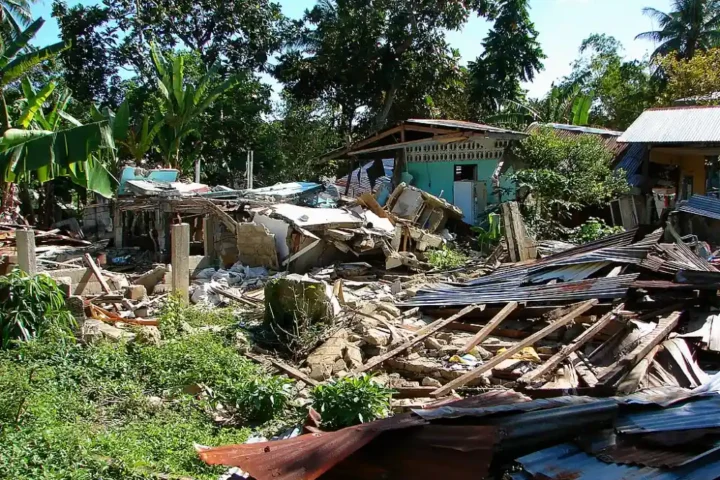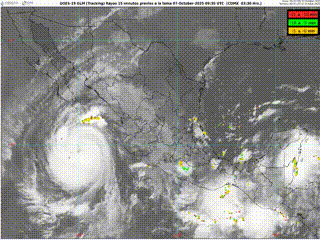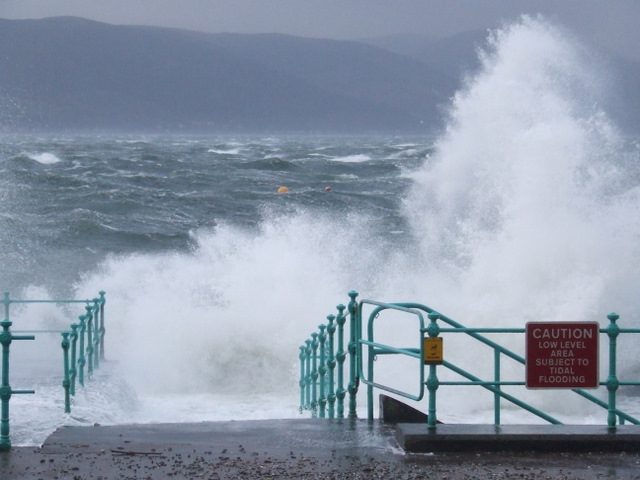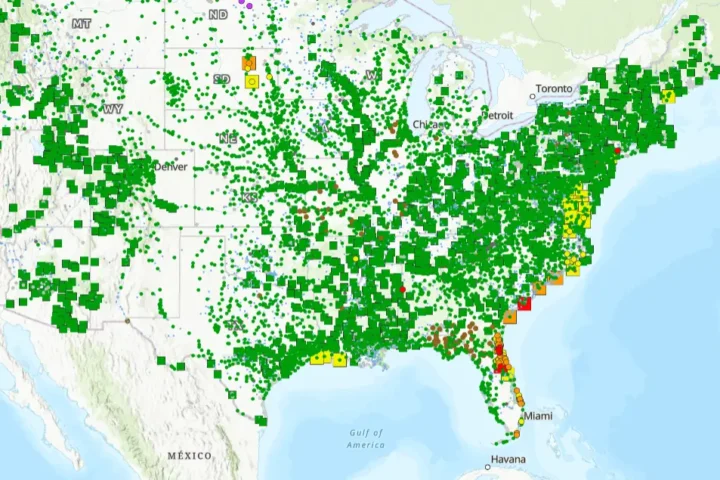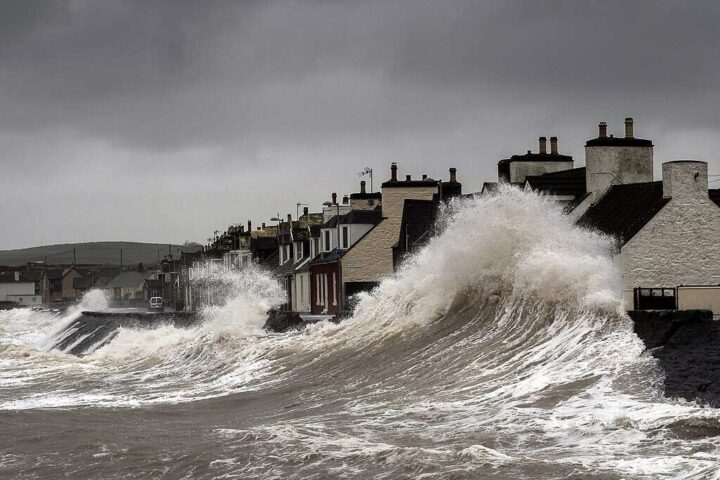Spain, Portugal, and Greece are fighting multiple wildfires as a dangerous heatwave grips Southern Europe. The fires have already claimed seven lives in Spain and burned an area equivalent to the size of London.
Spain is currently battling 14 major fires, with conditions expected to worsen over the weekend. Prime Minister Pedro Sánchez warned on Friday: “Today will be another very difficult day, with an extreme risk of new fires.” The national weather agency AEMET has issued alerts for most of the country, particularly the north and west where the largest blazes are burning.
The situation is most critical in Galicia, where several fires have merged into one large blaze, forcing highway closures and suspending high-speed rail services to Madrid. Temperatures are expected to reach 40°C (104°F) on the north coast, with the heatwave forecast to continue through Monday.
Virginia Barcones, Spain’s director of emergency services, told RTVE: “In the western part of the country the situation is extremely worrying.” The fires have been spreading at alarming speeds – one near Molezuelas de la Carballeda in Castile and León was advancing at 4,000 hectares (15.4 square miles) per hour at its peak.
In Portugal, nearly 4,000 firefighters are battling seven major fires. The country has activated the European Union’s assistance mechanism and requested four Canadair water-bombing planes. Portuguese authorities have extended the state of alert until Sunday as high temperatures persist.
Greece is also facing severe fire conditions, particularly on the island of Chios, where a blaze has burned out of control for four days. The fire has damaged infrastructure, leaving much of the island without electricity and causing water supply issues in some areas. Two water-dropping planes and two helicopters were deployed in the north of the island Friday, where calmer winds were helping firefighting efforts.
According to the European Union’s Forest Fire Information System, fires in Spain this year have already burned 158,000 hectares (390,000 acres). EU data shows that around 6,290 square kilometers (2,429 square miles) of land has burned across the bloc since the beginning of the year, with Spanish fires accounting for about a quarter of the total.
Similar Posts
The wildfires coincide with major religious holidays in all three countries – the Feast of the Assumption in Spain and Portugal, and the Dormition of the Virgin Mary in Greece. These holidays typically involve family gatherings and religious processions.
Human activity has contributed to some fires. Spain’s Civil Guard arrested two men on suspicion of starting fires in Castile and León, bringing the total number of arson arrests to 10 since early June. In Portugal, a former mayor died while fighting fires in the eastern town of Planta, according to President Marcelo Rebelo de Sousa.
Firefighting resources across Europe are stretched thin. Avincis, Europe’s largest operator of emergency aerial services, reported a 50% increase from last year in flight hours dedicated to firefighting in Spain and Portugal this season.
Bulgaria, Montenegro, and Albania have also activated the EU’s civil protection mechanism, which allows disaster-stricken countries to request emergency assistance. EU Commission President Ursula von der Leyen noted that requests for help this week have reached the same count as for the entirety of 2024.
Meteorologists warn that extreme fire conditions are becoming more frequent and intense due to human-caused climate change. Europe is the world’s fastest-warming continent, and this year is on track for its worst wildfire season on record.
As firefighters continue their battle against the flames, authorities urge the public to avoid activities that could spark new fires during these dangerous conditions.
